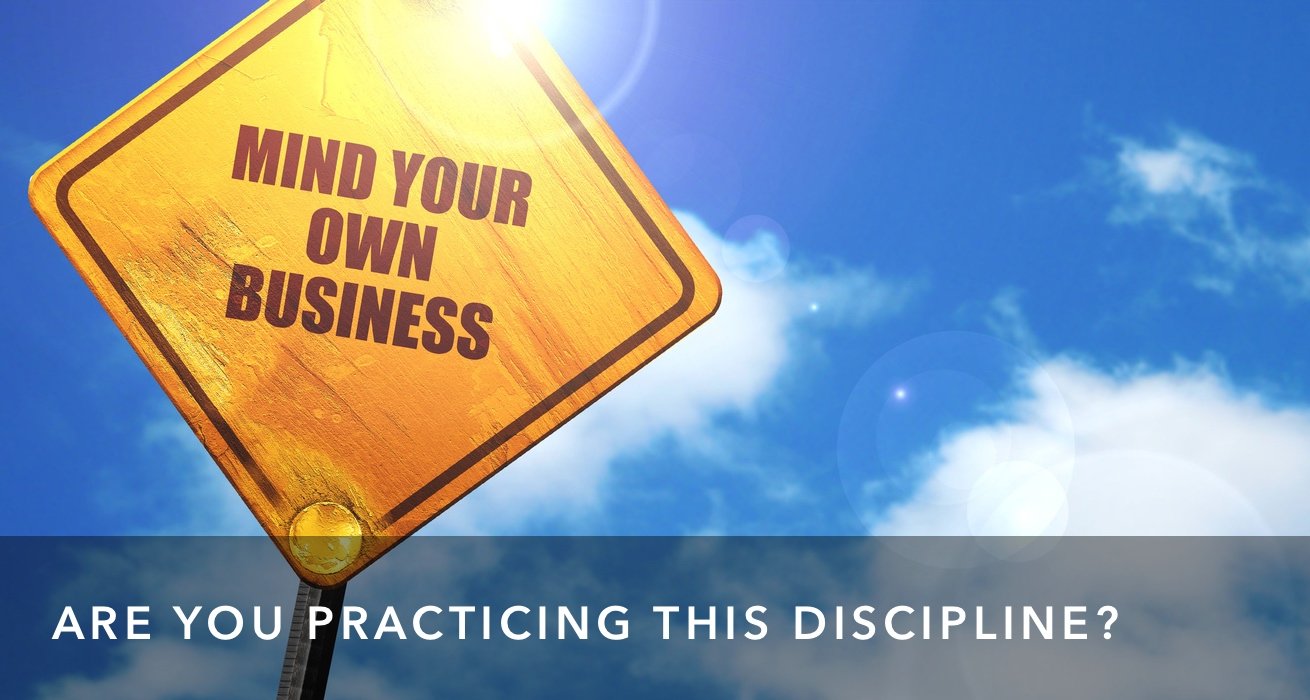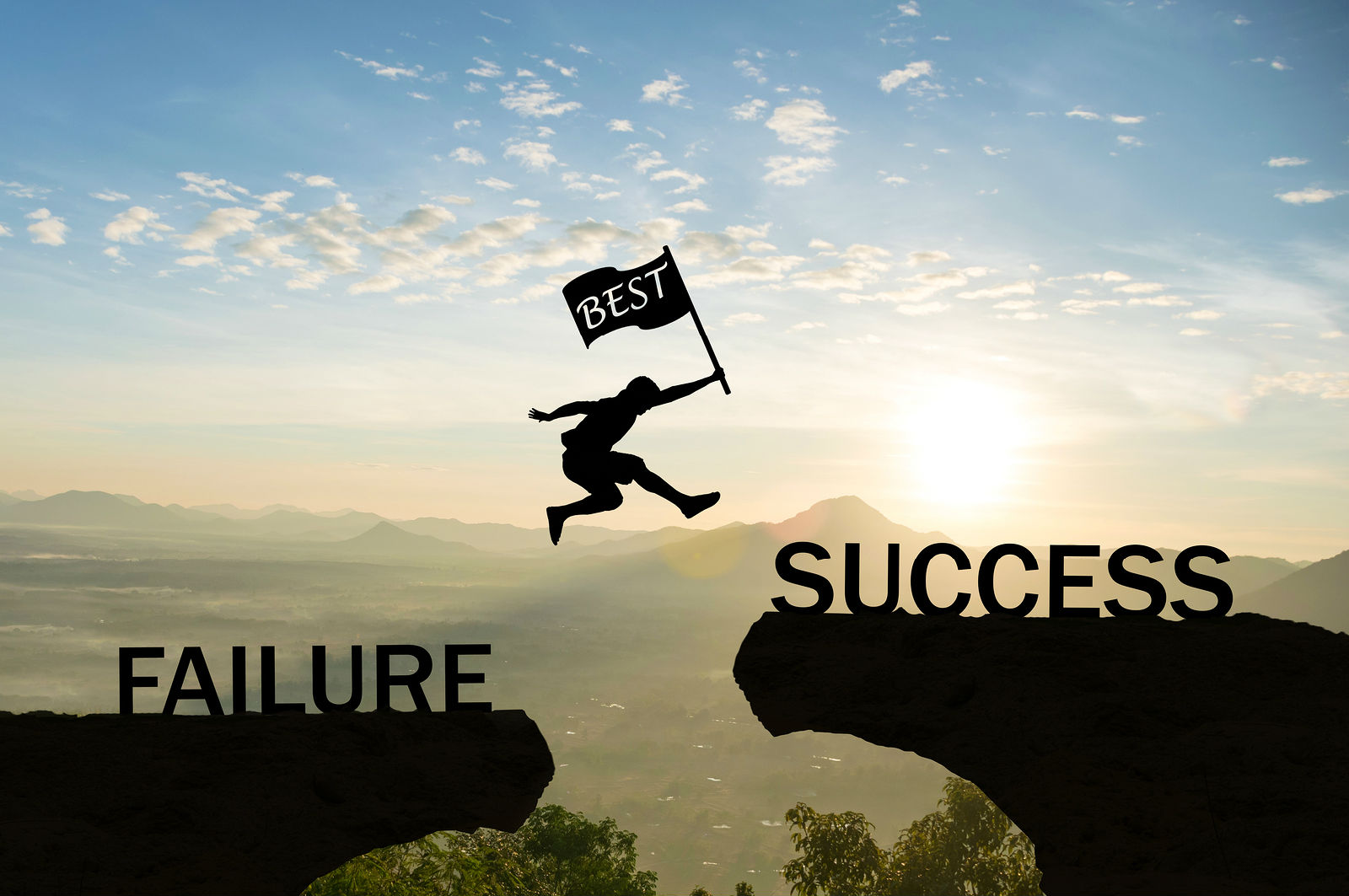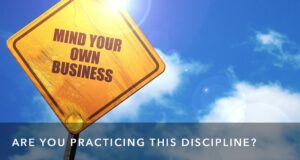The Key to Power
 The Key to Power
The Key to Power
Power is one of the most sought-after concepts in human history. From ancient empires to modern boardrooms, the pursuit of power has shaped civilizations, influenced ideologies, and driven innovation. Yet, its essence is often misunderstood. Power is not merely the ability to dominate or control; it is the capacity to create meaningful change, inspire others, and harness potential—both in oneself and in others.
1. Knowledge as Power
The phrase “knowledge is power” holds timeless relevance. Education and learning equip individuals with the tools to make informed decisions, solve problems, and foresee challenges. Knowledge empowers people to navigate the complexities of life with confidence. Moreover, in an interconnected world, staying informed and adaptable ensures resilience against rapid change.
2. Emotional Intelligence
Emotional intelligence (EQ) is often overlooked as a source of power, yet it is indispensable. The ability to understand, manage, and influence one’s emotions—and empathize with others—fosters deep connections and trust. Leaders with high EQ inspire loyalty and commitment, making them powerful agents of unity and collaboration.
3. Self-Mastery
True power begins with self-mastery. Discipline, self-awareness, and the ability to regulate impulses are hallmarks of an empowered individual. By overcoming internal conflicts and doubts, a person becomes better equipped to face external challenges. Self-mastery enables focus and determination, the foundational traits for achieving long-term goals.
4. Relationships and Influence
Power is amplified through relationships. Building networks and fostering genuine connections expand one’s influence. People who uplift and empower others often find themselves in positions of greater authority and respect. Influence, rooted in authenticity and mutual benefit, is far more enduring than power obtained through coercion.
5. Adaptability and Innovation
In a constantly changing world, adaptability is a key to sustained power. Embracing change, learning new skills, and thinking creatively allow individuals and organizations to stay ahead. Innovation is not just about technology; it’s about rethinking approaches, challenging norms, and finding novel solutions to problems.
6. Integrity and Purpose
Integrity is the cornerstone of lasting power. People gravitate toward those who stand by their values and principles, even under pressure. Coupled with a clear sense of purpose, integrity provides direction and inspires confidence. Purpose-driven power not only elevates the individual but also positively impacts communities and society.
7. The Balance of Power
Finally, the key to wielding power effectively lies in balance. Power without accountability leads to abuse, while accountability without power can result in stagnation. The ability to balance strength with humility, action with reflection, and ambition with compassion defines true leadership.
Conclusion
The key to power is multifaceted. It is not a singular force but a synergy of knowledge, emotional intelligence, self-mastery, relationships, adaptability, integrity, and balance. Power, when understood and wielded responsibly, becomes a tool for growth and transformation—not just for the individual, but for the world at large. The pursuit of power, therefore, is not about dominance but about empowerment: the ability to make a difference and inspire others to do the same.
Share this content:






















Post Comment